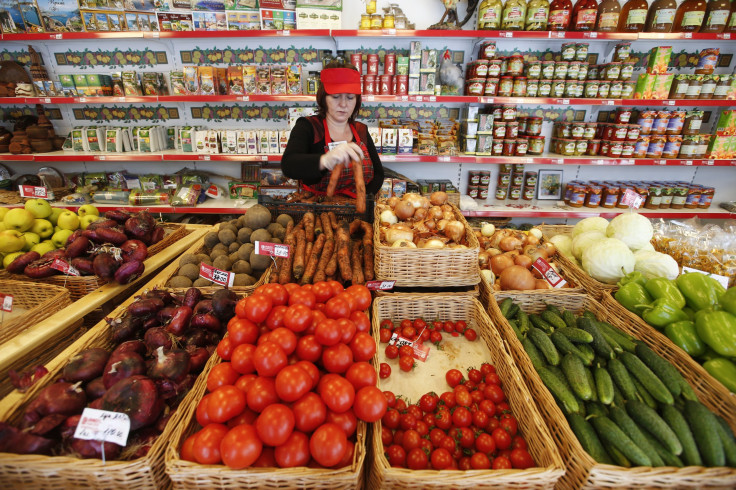Australian Industry Group wants Sunday penalty rates cut by July 1

The Australian Industry Group has told the Fair Work Commission to cut Sunday penalty rates by as early as July 1, arguing that they are "neither fair nor relevant.” The commission reportedly takes submissions about the transition to lower Sunday penalty rates for the pharmacy, retails, fast food and hospitality sectors.
The Guardian was reporting that Barrister Harry Dixon, acting for the Ai Group, does not want the Fair Work Commission to extend the introduction date."The commission should not entertain any further delay. The starting point is currently unfair, they are overcompensated," he said.
The Fair Work Commission previously suggested penalties for retail and hospitality workers to be cut to shifting degrees. For instance, Sunday rates for workers at fast food chains will drop from 150 percent of the normal hourly rate to 125 percent.
CCIWA chief executive Deidre Willmott told Perth Now that some members were complaining that penalty rates on Sundays devastate their businesses. “This is bad for workers who want more hours, bad for businesses who want to trade, bad for consumers who want to spend their money and bad for the economy overall,” he said.
If other industries join the retail and hospitality sectors in lowering weekend penalty rates, workers are expected to lose a combined $14 billion in pay every year. Data from the Australian Bureau of Statistics shows that weekend work is common among cafes, restaurants, pharmacies and shops.
Premier Mark McGowan said that hospitality and weekend workers were “some of the lowest paid workers.” As part of Labor Government’s formal objection to cut penalty rates, he warned that the decision would “harm the WA economy.”
“To remove that disposable income from the economy of WA would be ill advised,” McGowan said. But for the Chamber of Commerce and Industry of WA, which is known as the state’s peak business body, the changes will provide more jobs and allow hospitality, tourism and retail to flourish.
Last month, United Voice announced that it would appeal the cuts on grounds the commission is unable to consider workers’ living standards, as well as the impact of the decision on the "lowest paid workers in the country.” United Voice national secretary Jo-anne Schofield argued it was a cut that hospitality workers would not be able to afford and did not deserve. Australian Financial Review noted that the hospitality union aimed to hold-up the Fair Work Commission's cuts to Sunday and public holiday rates as the delay will be an opportunity to challenge the landmark decision in the federal court.
Read more: Analysis reveals non-Australians pocket $15 billion in welfare
Federal budget 2017: AFP gets $321.4 million to hire additional personnel
CNBC/YouTube





















